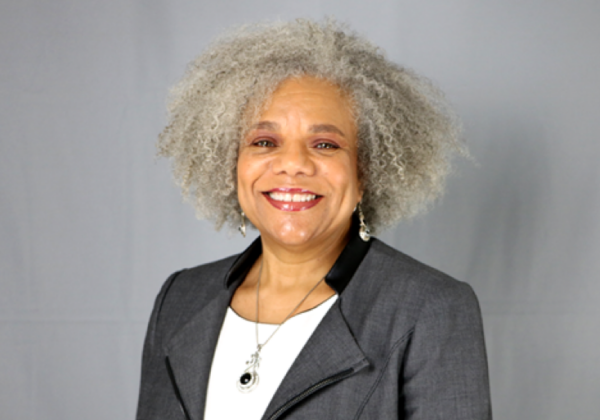
Cynthia D. Jackson
Executive Director Educare Learning Network Chicago
Expert
Many studies have demonstrated that early childhood is a critical time for investment in young children and suggest that the return on this investment will be profound. Individual children’s entire lives will be shaped by high-quality early experiences, and investments in high-quality learning environments can drive community outcomes and close opportunity gaps. Future generations will benefit from a stronger economy and more talented workforce. Advocates and researchers agree that quality is essential to these outcomes, yet definitions of quality vary by state and funding source in U.S. early childhood systems. For example, Head Start programs recognize bilingualism and biliteracy as strengths and support dual language development, whereas many state-funded preschool programs do not. As of 2022, Maryland and Maine pre-K teachers are required to have specialized training in early childhood education and/or child development, whereas Virginia and Vermont teachers are not.
What really matters? What are the key components of ideal learning environments for young children whether they are at home, child care, or school? While educator-student ratios, credentials, compensation, and class size are important considerations that can support quality, these indicators cannot directly shape child development. Children develop in the context of millions of interactions with their environments, caregivers, and communities. When we focus on what ideal learning environments look like in practice, we find key principles that can come to life in any setting, from home to family- and center-based childcare to school. These principles are closely aligned with developmental neuroscience research as well as studies of practice and program implementation.
Early childhood policies should actively support parents, caregivers and formal educators to create ideal learning environments everywhere children are learning and growing. However, gaps in access to ideal learning environments are closely related to larger socioeconomic and racial inequities.
Trust for Learning’s brief — Ideal Learning Environments for Young Children — highlights research aligned with nine key principles of ideal learning environments.
Download the Executive Summary
What is your vision for high-quality early learning environments? Does it align with the latest research? And how do we equitably measure what matters most?
In this two-part series, BUILD partners responded to two brand new resources from Trust for Learning. In the first webinar, they focused on a recent summary of research aligned with a framework underlying equitable, developmental, relational models of early childhood education that is centered on nine key principles of high-quality early learning environments. In the second, they focused on how to measure these key principles equitably using a brand new ECE quality measurement resource from a workgroup of quality measurement experts.
Children develop in the context of millions of interactions with their environments, caregivers, and communities. When we focus on what equitable ideal learning environments look like in practice, we find key principles that can come to life in any setting, including home, family- and center-based child care, and school. These principles begin with a fundamental commitment to equity and align closely with developmental, neuroscience, and implementation research.
The panel featured three researchers who highlighted how we can translate these key principles into practice for all children.
Panelists: